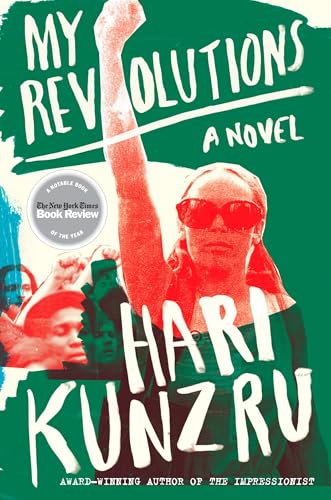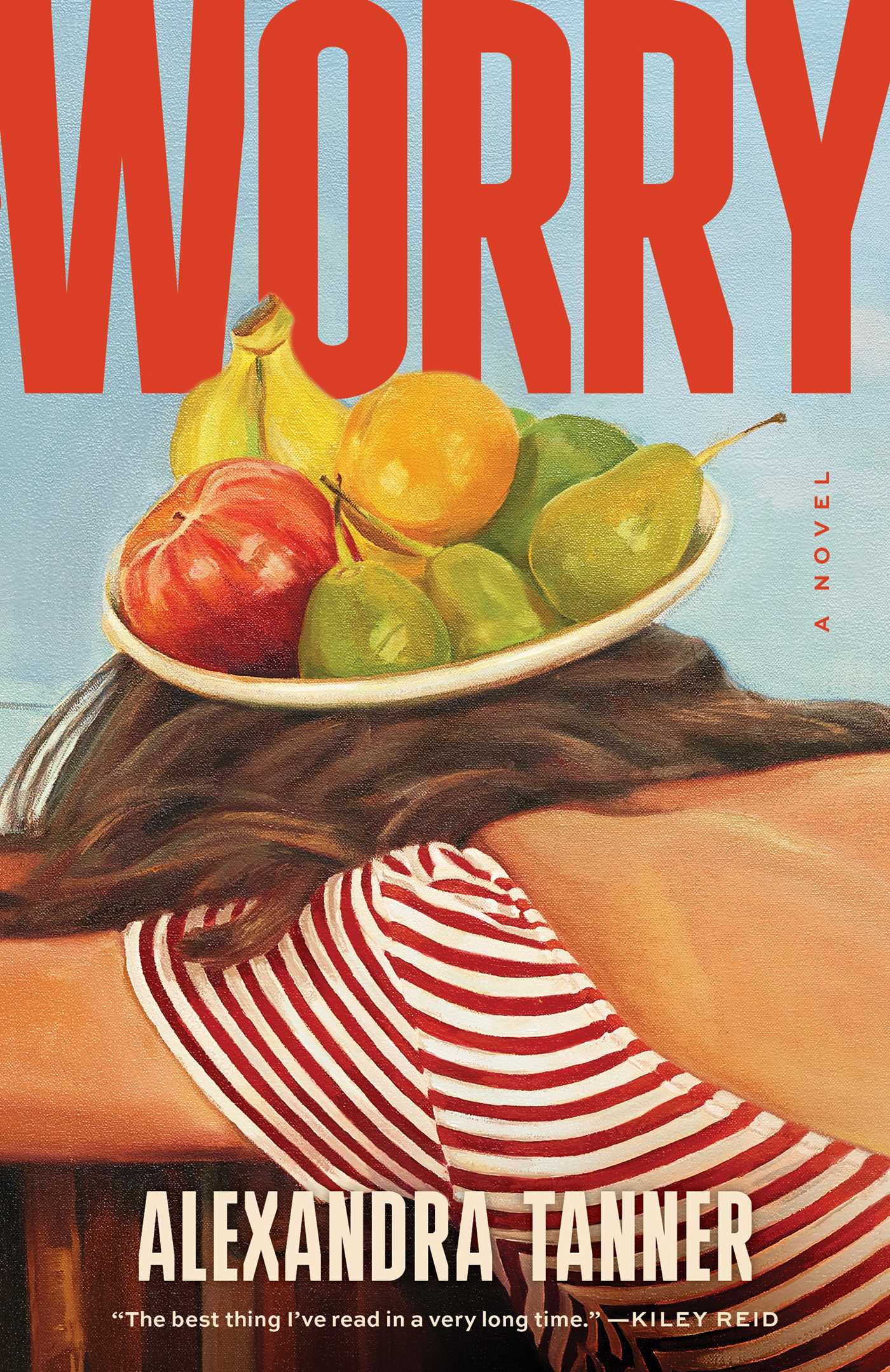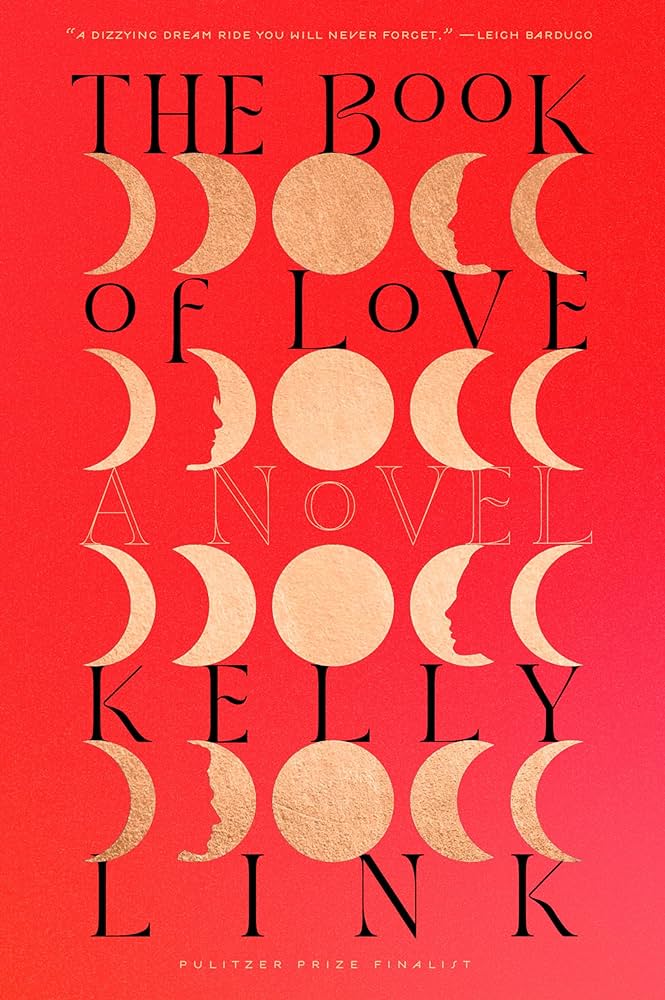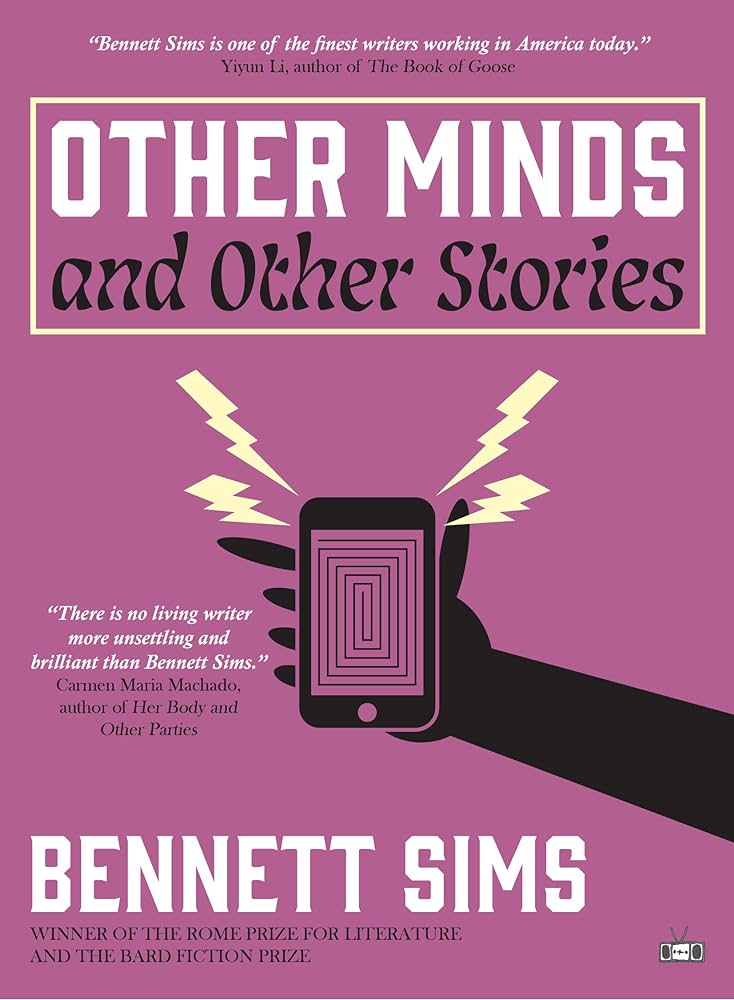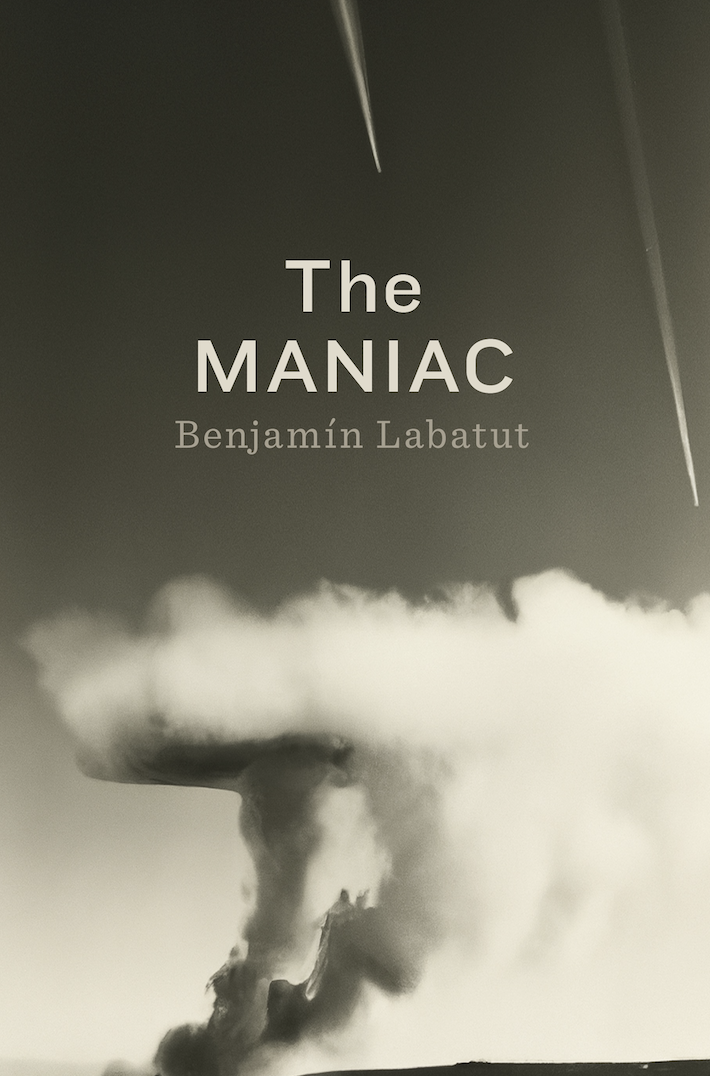 Hari Kunzru’s fourth novel is his most ambitious yet. Like its predecessors it is a sprawling work that refuses to be bound by a straight, linear narrative, one-stranded plot or minimal cast. On this occasion, however, Kunzru has upped the ante to a dizzying degree. Gods Without Men revels in its multifariousness: we come up against a myriad of characters of diverse cultures, warped ideologies and clashing faiths; we skip time-zones and surf alternate realities. “Emotional teleportation” is what one character feels when blotting out his senses – “like staging his own extraordinary rendition, grabbing himself out of one time and place, hoping to land in another.” Kunzru inflicts a similar disorientation on the reader, playing a headshrinker who at the same time expands our mind. The effect is exhilarating.
Hari Kunzru’s fourth novel is his most ambitious yet. Like its predecessors it is a sprawling work that refuses to be bound by a straight, linear narrative, one-stranded plot or minimal cast. On this occasion, however, Kunzru has upped the ante to a dizzying degree. Gods Without Men revels in its multifariousness: we come up against a myriad of characters of diverse cultures, warped ideologies and clashing faiths; we skip time-zones and surf alternate realities. “Emotional teleportation” is what one character feels when blotting out his senses – “like staging his own extraordinary rendition, grabbing himself out of one time and place, hoping to land in another.” Kunzru inflicts a similar disorientation on the reader, playing a headshrinker who at the same time expands our mind. The effect is exhilarating.
Due to its ambition the novel resists a neat précis. At its center are Jaz and Lisa Matharu, he Sikh, she Jewish, and their severely autistic son, Raj. When the boy vanishes in the Mojave Desert the parents are flung into turmoil. Privately their cultures clash, impeding their course of action; publicly they suffer from the media feeding-frenzy, eventually becoming accused of murdering their son. Their marriage deteriorates in a storm of acrimony and guilt, and after Raj miraculously reappears it is all they can do to repair the rift between them. With a nod to the real-life Madeleine McCann disappearance, Kunzru convincingly paints the relationship’s breakdown and each individual’s personal meltdown. When the couple are at their lowest ebb and merely going through the motions Jaz describes them both as “priests of a faith they no longer believed in.”
Around them, Kunzru weaves a fiendish web of plots and subplots, always employing the desert as stage or backdrop. There is Nicky, the louche London rock star, “a scabrous cockney vampire” trying to break America, who needs a time-out from creative differences in the recording studio, not to mention his psycho, gun-toting producer; we are initiated into a mystical cult called the Ashtar Galactic Command which has set up base at the “Pinnacles” in the desert to commune with extraterrestrial forces; and in one of the novel’s virtuosic set-pieces we meet Laila and a group of Arab Americans who have elected to play the role of insurgents in a “fine grained simulation” to give Marines a foretaste of what deployment to Iraq will be like. (In this last section there is even a mock-beheading, all the more mocking and blackly comic because one of the executioners loses his dishdasha and has to improvise by wearing a Little Mermaid beach towel round his waist.) In the main Kunzru excels with his kaleidoscopic storytelling. When Jaz’s boss expounds on a new financial model his words double as justification for Kunzru’s choice of splintered narrative:
There’s a tradition that says the world has shattered, that what once was whole and beautiful is now just scattered fragments. Much is irreparable, but a few of these fragments contain faint traces of the former state of things, and if you find them and uncover the sparks hidden inside, perhaps at last you’ll piece together the fallen world. This is just a glass case of wreckage. But it has presence. It’s redemptive. It’s part of something larger than itself.
 Kunzru’s second novel, Transmission, was told from the perspective of three characters. By employing far more, some of whom we meet, some not, the reader is tasked with making sense of those “scattered fragments” and working out how, if at all, they interconnect.
Kunzru’s second novel, Transmission, was told from the perspective of three characters. By employing far more, some of whom we meet, some not, the reader is tasked with making sense of those “scattered fragments” and working out how, if at all, they interconnect.
While the fate of the missing child is the novel’s epicenter, the Pinnacles is its geographical hub, a meeting-point for each of those seemingly disparate plot strands. Schmidt, the founder of the UFOlogist sect, seeks to harness the “paraphysical energies flowing through the rocks.” Kunzru has mixed success with the exploits of his cult. Its members, led by Wolf and the slippery shape-changing Coyote, proclaim themselves not settlers but “unsettlers.” At the outset we see them attempting to subvert “negative energy vibrations” and prepare mankind for “full galactic consciousness;” later they are dabbling in drugs and reaping the benefits of free love. The manipulation of the duped followers is effective, but getting there means wading through agonizing chunks of cosmic gobbledygook concerning Space Brothers, Oracles, plus a machine called the Mux. “Under the guidance of Merku, Voltra and the other members of the Command, including Aleph, Lord Maitreya, Sananda-Jesus, the Comte de Saint-Germain and on occasion Director Ashtar himself, I have worked tirelessly to spread the word” – and so on. We return to familiar ground with Jaz and Lisa, before being swept off again to be introduced to a friar in 1778 and later a pilgrim in 1871.
Such to-and-fro scene-shifting and time-traveling demonstrate Kunzru’s inventiveness while simultaneously evincing a kind of novelistic restlessness. Each new tale is the equivalent of watching a child prodigy playing one instrument after another, each one swapped calmly for the next, with seldom a duff note produced. We watch, we marvel, but we occasionally grow irritated by the showmanship and jarring of sounds. In Gods Without Men it is the voices that jar, simply because they are too many. Just as we are becoming engrossed in one of those scattered fragments, the section ends and the next tale picks up the baton and whisks it off in a completely different direction. What is intended as variety can seem instead rag-bag miscellany. We don’t mind floundering like so many of the drug-addled characters – the cult members on sugar cubes and blotters, Nicky’s artistic highs from his psychoactive peyote kicks – but the sheer busyness of the novel engenders a peculiar claustrophobia, its clutter hampering us from truly engaging in plots or connecting to characters.
Mercifully, Kunzru is still, in the last analysis, able to rein in some of that abundance so as not to mar the entire novel. James Wood’s charge of hysterical realism has cut down a few literary reputations, and felled novels crammed with facts and hyperbolic happenstance but which do not know “a single human being.” Kunzru’s novels are packed with such vitality but ultimately he escapes censure by knowing when the facts clog the narrative’s impetus, and so when to quit. We hear that Deighton, an expert on the ethnology of the Mojave, “had worked with coastal tribes in Oregon and Washington State (it was his proud boast that he knew more about the mythology of salmon than any white man alive).” It is tempting to believe that Wood’s guilty parties, writers such as Don DeLillo and Zadie Smith, might have gone off on some tangent to embellish Deighton, authenticate him with fishy back-story. But for Kunzru this bizarre boast stays incarcerated in parentheses, and rightly so.
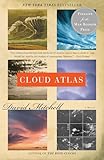
 Kunzru has been compared to DeLillo, if not for style then certainly thematic interests – conspiracy theories and apocalyptic cults, the function of terror, the disintegration of family and its dubious reassembly. My Revolutions, Kunzru’s 2008 novel about a man’s extremist past and its effect on the present, bears this out; as does Transmission from the moment an insidious computer virus is unleashed to wreak havoc on the world. Gods Without Men’s more immediate cousin is David Mitchell’s Cloud Atlas. That novel was compared to a Russian doll, spawning tales within tales; Kunzru’s narrative, also fractured, is however more intricate, and resembles the description of his Arab actors in the desert – “tiny moving parts, like cogs in a watch.” Both writers operate like Kunzru’s coyote: “He had to mess with stuff, connect things together. He had a rage for transformation.”
Kunzru has been compared to DeLillo, if not for style then certainly thematic interests – conspiracy theories and apocalyptic cults, the function of terror, the disintegration of family and its dubious reassembly. My Revolutions, Kunzru’s 2008 novel about a man’s extremist past and its effect on the present, bears this out; as does Transmission from the moment an insidious computer virus is unleashed to wreak havoc on the world. Gods Without Men’s more immediate cousin is David Mitchell’s Cloud Atlas. That novel was compared to a Russian doll, spawning tales within tales; Kunzru’s narrative, also fractured, is however more intricate, and resembles the description of his Arab actors in the desert – “tiny moving parts, like cogs in a watch.” Both writers operate like Kunzru’s coyote: “He had to mess with stuff, connect things together. He had a rage for transformation.”
 Kunzru used transformation as a conceit is his masterly debut, The Impressionist, in which his protagonist sloughed off and assumed a series of identities. In Gods Without Men Kunzru puts his whole cast through one transformation or another, whether as signed-up disciple in a cult or anguished parent sliding into madness and despair. It is an extraordinary novel. Closing it, we can be satisfied that the better sections easily outweigh those that are more whimsical and loose-ended. And we can only applaud Kunzru for that ambition and scope. Dawn, one of the disciples, learns, albeit with help from acid punch, “how to open up the world of existence and let the vastness of the Universe enter in.” Kunzru sets himself the same gargantuan task and succeeds, aided only by his considerable talent.
Kunzru used transformation as a conceit is his masterly debut, The Impressionist, in which his protagonist sloughed off and assumed a series of identities. In Gods Without Men Kunzru puts his whole cast through one transformation or another, whether as signed-up disciple in a cult or anguished parent sliding into madness and despair. It is an extraordinary novel. Closing it, we can be satisfied that the better sections easily outweigh those that are more whimsical and loose-ended. And we can only applaud Kunzru for that ambition and scope. Dawn, one of the disciples, learns, albeit with help from acid punch, “how to open up the world of existence and let the vastness of the Universe enter in.” Kunzru sets himself the same gargantuan task and succeeds, aided only by his considerable talent.
